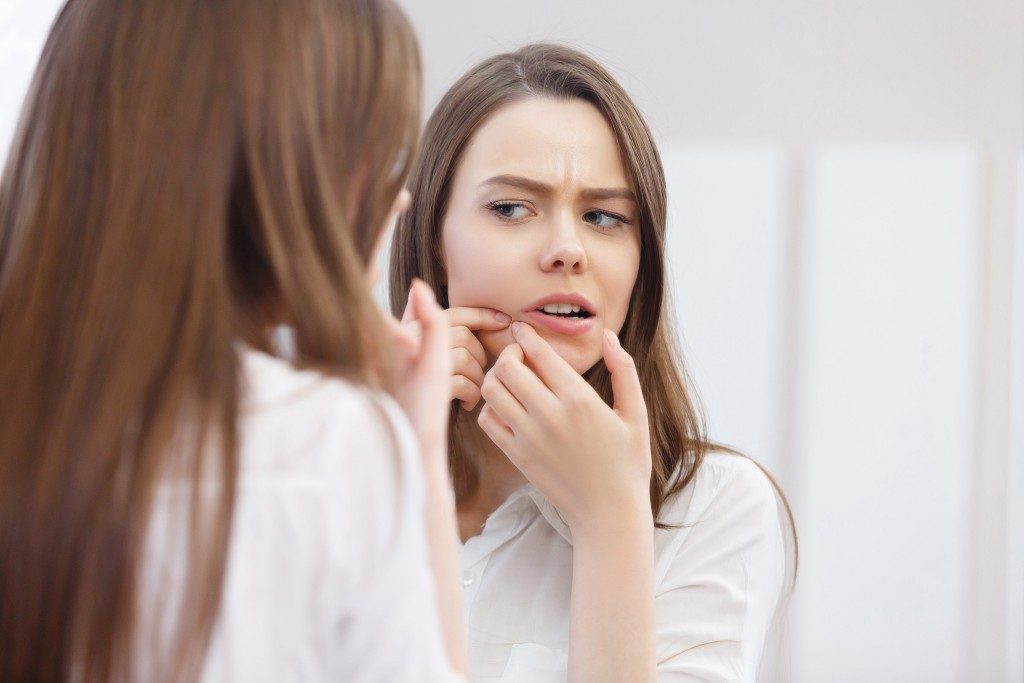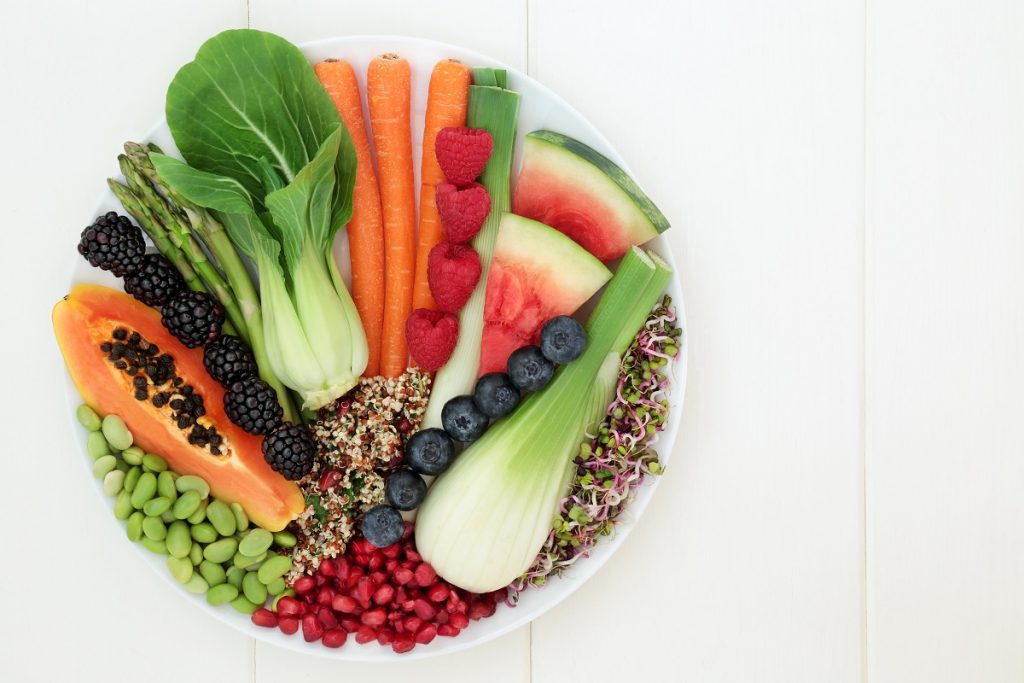Getting a zit right before your school ID pictorial or a date is a universal experience. Breaking out isn’t just annoying. Sometimes it can even get uncomfortable and painful. Although it is fairly common among adolescents, especially when they’re going through the body and hormonal changes, it’s something you can have at any age. But if you can do away with it, why not, right?
How Are Pimples Formed?
Others can get a pimple or two once in a blue moon, while others are not as lucky. Acne. or acne vulgaris, is what’s responsible for pimples, along with whiteheads or blackheads. It’s a skin condition that many people live with. In extreme cases, it may leave scars and wounds on the skin.
When oil glands are clogged or infected, it results in red lesions filled with pus or what you’d call a pimple. Pores sit at the hair follicles. Pores link your skin’s surface to a gland underneath it called the sebaceous gland. This gland produced an oily substance called sebum, which is continuously secreted in tiny amounts. The sebum carries dead skin cells up to the surface, where they may be washed away. But sebum doesn’t always get washed away. They clog up the pores, other times with bacteria. This oil and bacteria combo is what can lead to an infection and inflammation around your pore, forming a pimple.
Acne doesn’t just affect a person’s skin or appearance. It may also have negative mental health outcomes, as mentioned by the American Academy of Dermatology Association. It can cause low self-esteem, reduced quality of life, anxiety, depression, a weak self-image, and a feeling of isolation.
Stress
Have deadlines been stressing you out lately? This is a time to take extra care of your skin. Although stress does not directly cause pimples, it may worsen them. A study found that emotional stress has a significant influence on acne. Similarly, CRH or corticotrophin is a hormone related to stress. It binds with the sebaceous glands, which increases sebum production, Dr. Adam Friedman, associate professor of dermatology at George Washington University, shared with Time.
In times of stress, an increase in nerve signaling occurs, which can cause itching, Dr. Friedman added. This can cause further swelling and irritation if you give in to the itch.
Diet
Whatever you put in your body will show, as they say. Your diet could be the culprit.
Refined carbohydrates, found in sodas, white rice, sweeteners, desserts, and dishes made with white flour, increase blood sugar levels, causing acne. Although findings have been promising, more research is needed to further understand why this is the case. On the other hand, if your diet is similar to that of Western diets, which contains more omega-6 fatty acids than omega-3, then you might be contributing to the inflammation.
Do you eat food you’re not supposed to? Maybe it’s time to ditch these foods, especially when you’re not allowed to have them in the first place. Your body sees them as a threat. In a way to protect you, your immune system fights it by prompting your body to produce pro-inflammatory molecules, which may worsen acne.
Other foods contributing to acne are dairy products, chocolate, fast food, and whey protein powder.
Medication
Maybe the medication you’re on is contributing to your breakouts. Some of these medications include lithium, androgenic steroids, anticonvulsants, medications with bromides or iodides, and more. They may not cause acne, but it’s a possible side effect. However, acne is almost always caused by something other than being drug-related.
To know more about the medication, you’re on and its side effects, be sure to consult your physician.
Mask
Have you heard of the term “maskne” lately? This term was coined during the pandemic since a surge in skin issues linked to wearing facemasks (particularly in cotton types) was observed.
Wearing a mask enhances the oil and bacteria build up in your pores. It also doesn’t help that it causes to rub against your skin, possibly causing further irritation. This doesn’t mean that you should minimize using a mask when you go outdoors. It’s still important to have them on. When you get home, have an aftercare routine to make up for it.
Air Pollution
Air pollution, unlike diet or habits, isn’t something you can change alone. Regardless, you can do your part to protect your skin from its harsh effects.
A group of researchers reviewed the literature and concluded that acne symptoms could worsen in places with high ambient air pollution. They recommend ultraviolet protection and emollients (found in lotions, ointments, and the like) as a layer of protection for the skin’s natural barrier.
To stay moisturize and protected from UV rays, consider getting Harmony and Wellness’s gel sunblock. It provides your face with 40 SPF and doesn’t leave you with a greasy feeling after application!
Many factors contribute to pimples, and these factors often interact with each other too. But having insight as to what may cause them paired with an effective skincare routine will help you combat unexpected breakouts.

